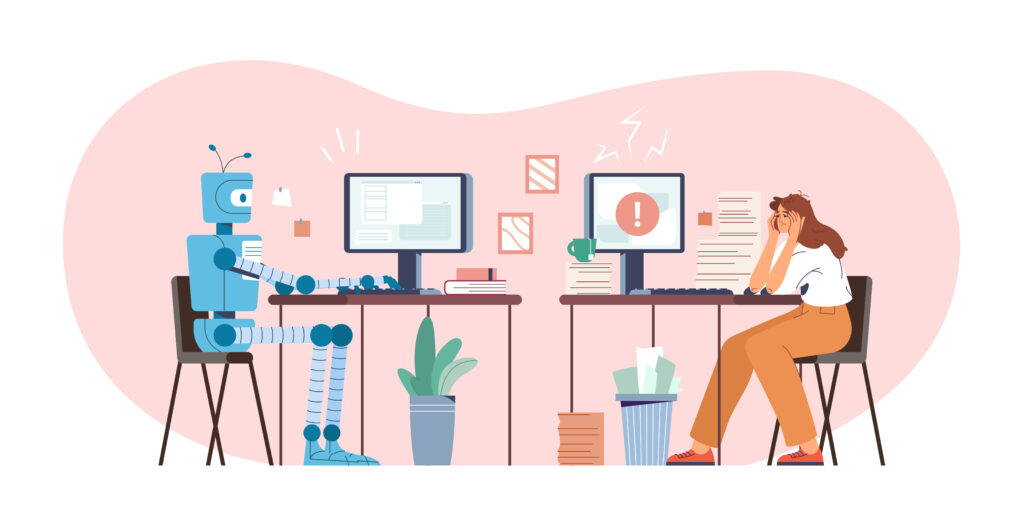Future of work shaped by AI, flexible ecosystems and soft retirement
Seven key workplace trends are set to reshape careers by 2026 as AI and human skills redefine work dynamics.

As technology reshapes workplaces, how we work is set for significant change in the decade’s second half. Seven key trends are expected to drive this transformation, shaped by technological shifts, evolving employee expectations, and new organisational realities.
AI will continue to play a growing role in 2026. Beyond simply automating tasks, companies will increasingly design AI-native workflows built from the ground up to automate, predict, and support decision-making.
Hybrid and remote work will solidify flexible ecosystems of tools, networks, and spaces to support employees wherever they are. The trend emphasises seamless experiences, global talent access, and stronger links between remote workers and company culture.
The job landscape will continue to change as AI affects hiring in clerical, administrative, and managerial roles, while sectors such as healthcare, education, and construction grow. Human skills, such as empathy, communication, and leadership, will become increasingly valuable.
Data-driven people management will replace intuition-based approaches, with AI used to find patterns and support evidence-based decisions. Employee experience will also become a key differentiator, reflecting customer-focused strategies to attract and retain talent.
An emerging ‘soft retirement’ trend will see healthier older workers reduce hours rather than stop altogether, offering businesses valuable expertise. Those who adapt early to these trends will be better positioned to thrive in the future of work.
Would you like to learn more about AI, tech, and digital diplomacy? If so, ask our Diplo chatbot!
